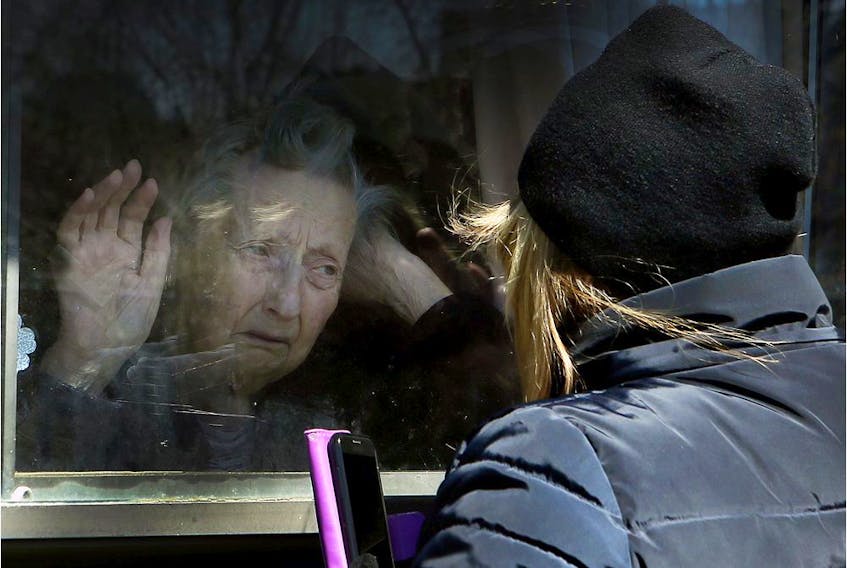The recent revelations reported by the Canadian Armed Forces (CAF) describing the appalling conditions that they found in Ontario and Quebec long term-care facilities (LTC) for the elderly are nothing new. The recent COVID-19 epidemic has forced public policy analysts and advocacy journalists to reassess the social and economic position of the elderly who are forced to live out their final years in such facilities.
The recent COVID-19 deaths suffered by over 3,400 seniors in LTC facilities, public and private, across Canada is a grim reminder that getting old is no fun. Canada is an aging society with the associated impact on medical costs and social programs. But the elderly are out of sight and out of mind when it comes to formulating public policy.
As former assistant director of research for the Canadian Union of Employees (CUPE), I represented and negotiated for employees in private nursing homes and municipal homes for the aged, between 1977-90, including those on P.E.I. Most of the staff were women; a large proportion were women of colour. Certainly, since 1975, if not earlier, staffing levels, gerontological programing and the quality of patient care have been key bargaining issues. These problems have been festering for decades.
Government and shareholders have been less than proactive or concerned. It is no accident that over 80 perc ent of the deaths from COVID-19 are in long-term care facilities. Private nursing homes are big business. The two largest private nursing home chains in Canada are listed on the Toronto Stock Exchange (TSX). Some of these private nursing homes are profitable because they shave costs by cutting back on necessities, programing and amenities.
The clearly established demographic trends affecting social programing for the elderly have been ignored for decades by senior government policy-makers.
Long-term care homes have been petri dishes for neglect and disease for decades. In many jurisdictions both public and private nursing homes are inspected annually by the relevant ministry regarding the quality of patient care. But there is little aggressive follow up. Only one province (that I am aware of) has a Patients' Bill of Rights.
This is nothing new. As early as 1977, professor Daniel Baum of Osgood Law School described the private nursing home industry in his classic, Warehouses for Death: The Nursing Home Industry; at least seven other books and studies have been published on the subject , including Bohuslawsky's, End of the Line: Inside Canada's Nursing Home in 1989. There is a direct link between the quality of care provided in nursing homes and the recent outbreak of COVID-19 in them. The elderly are clearly the victims of private sector elder care.
As a society we have failed the elderly. The elderly should be entitled to nursing home and residential care in the same way they are entitled to health care.
Richard Deaton, Ph.D., LL.B., former assistant director of research for the Canadian Union of Employees, lives in Stanley Bridge.









